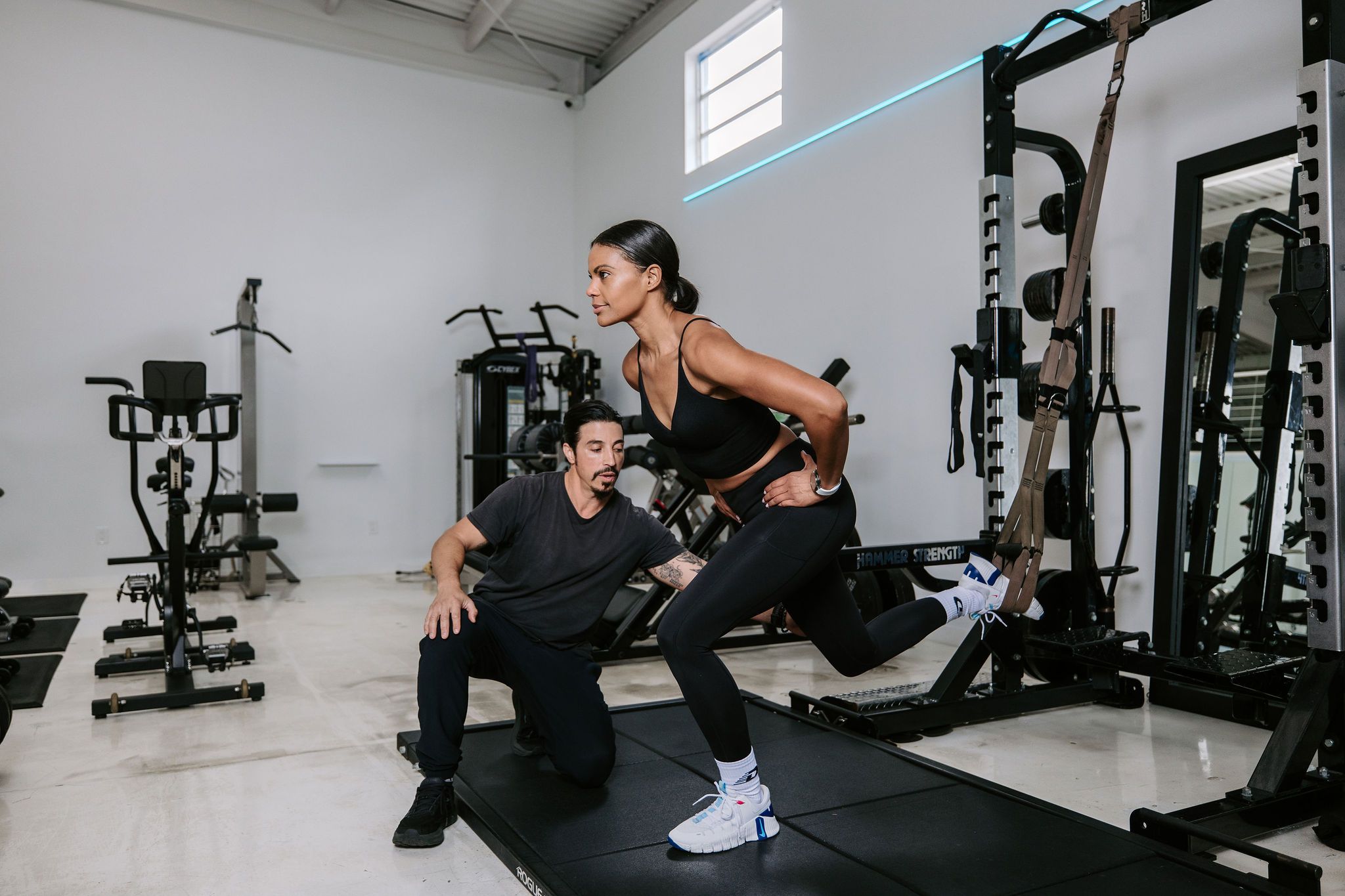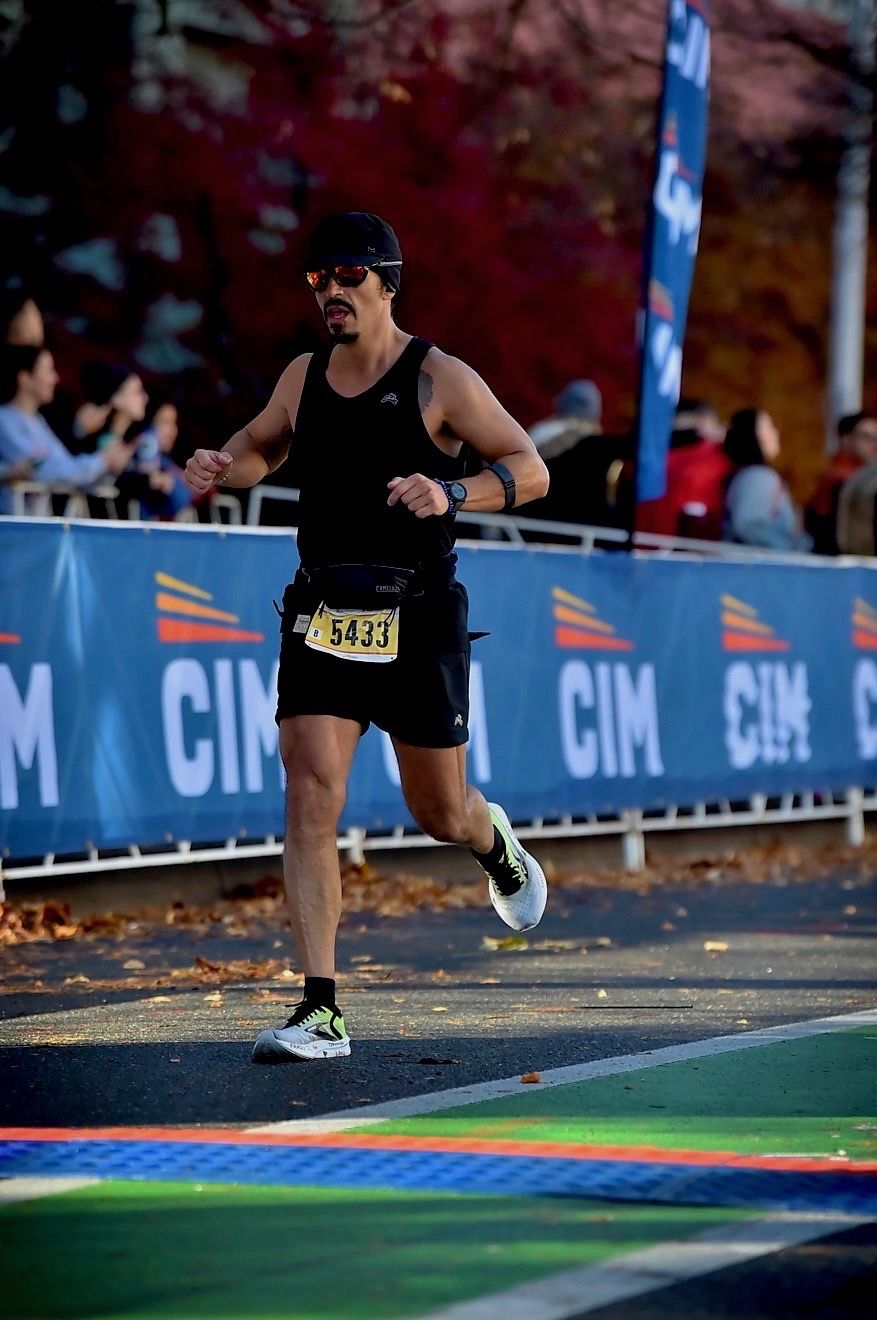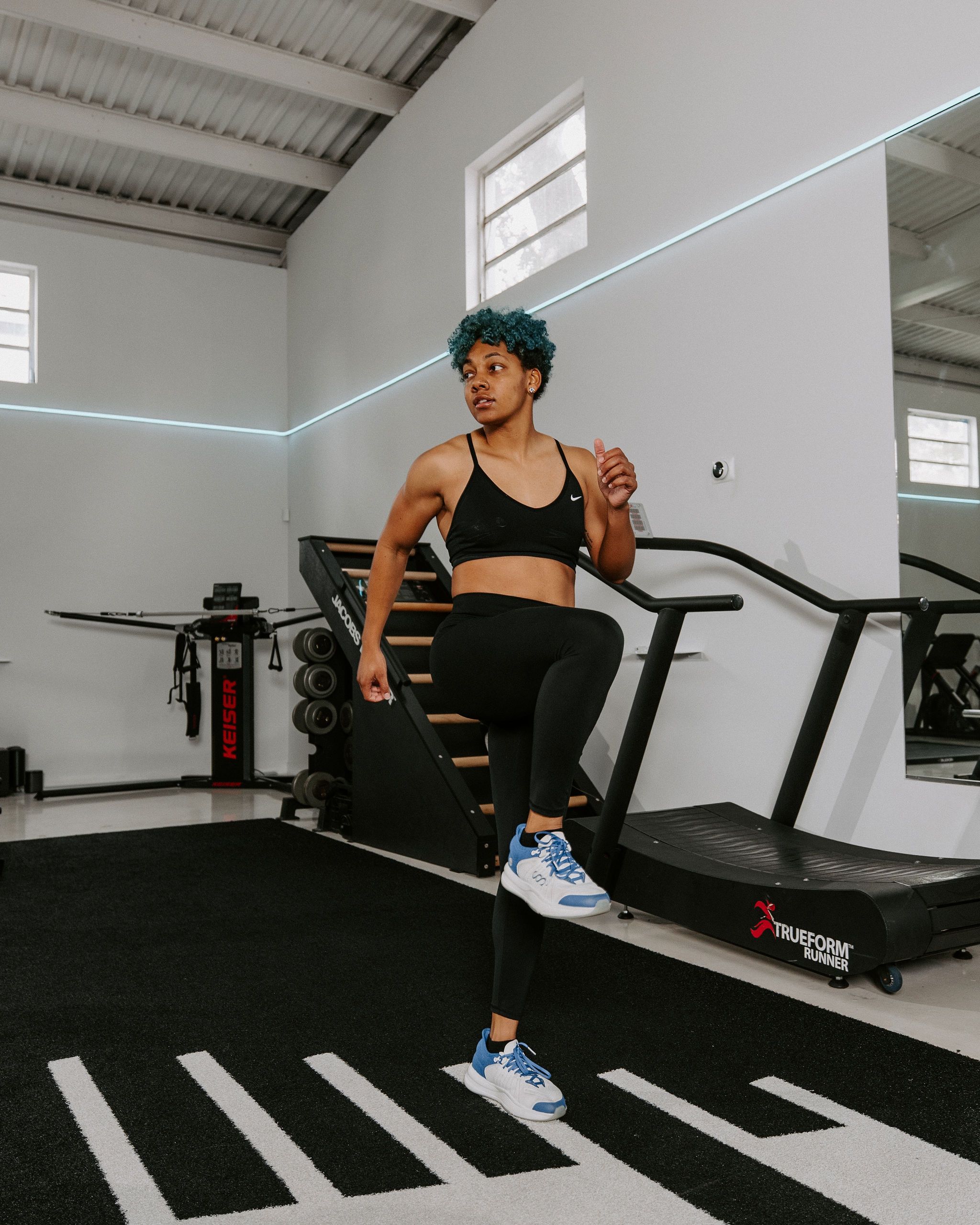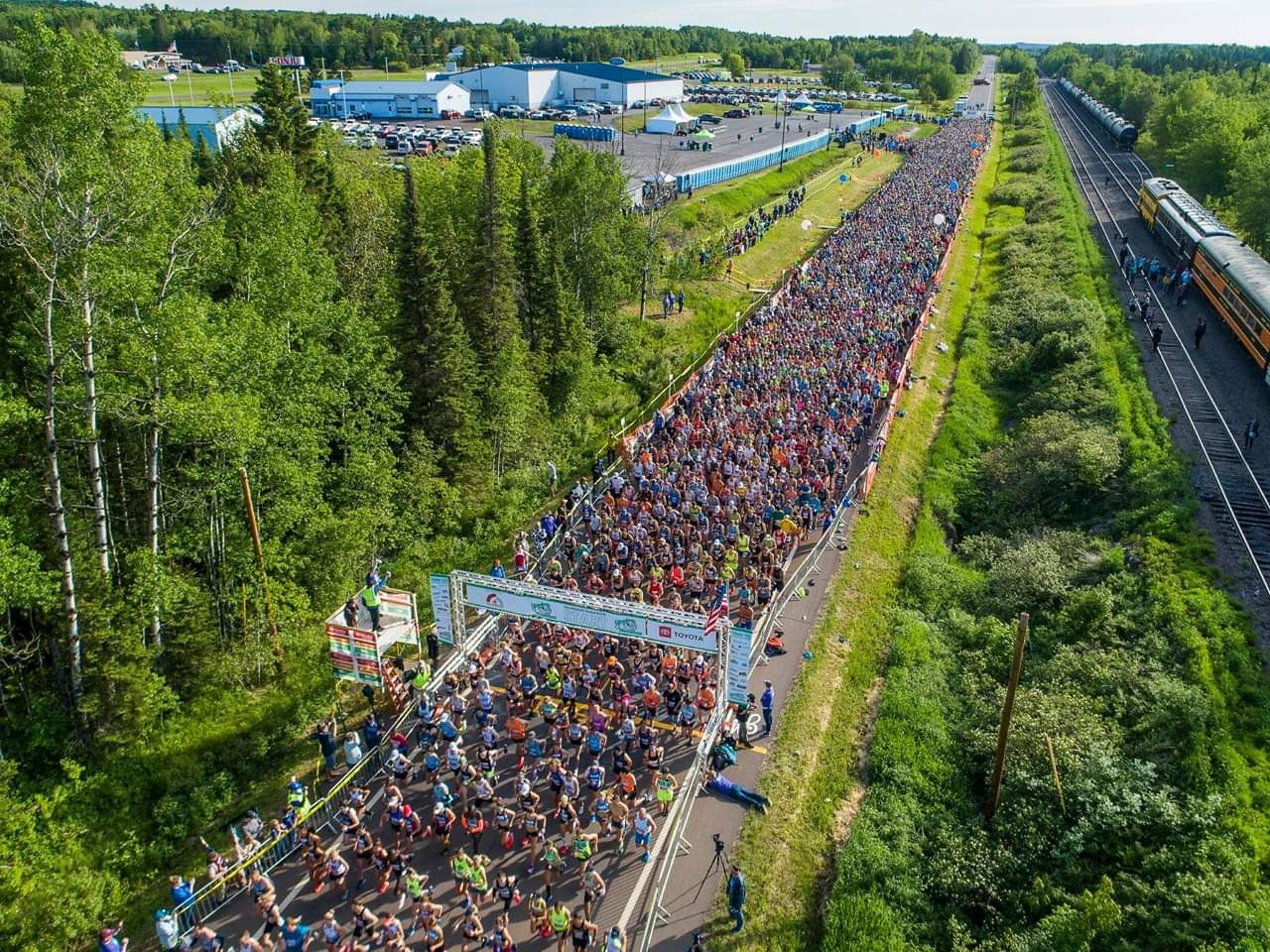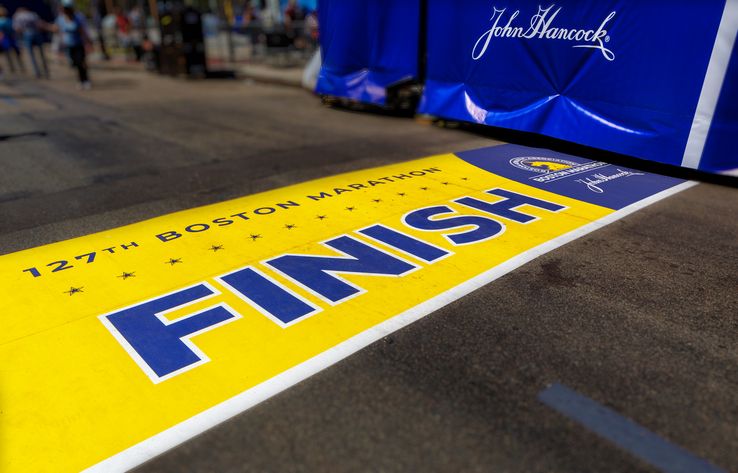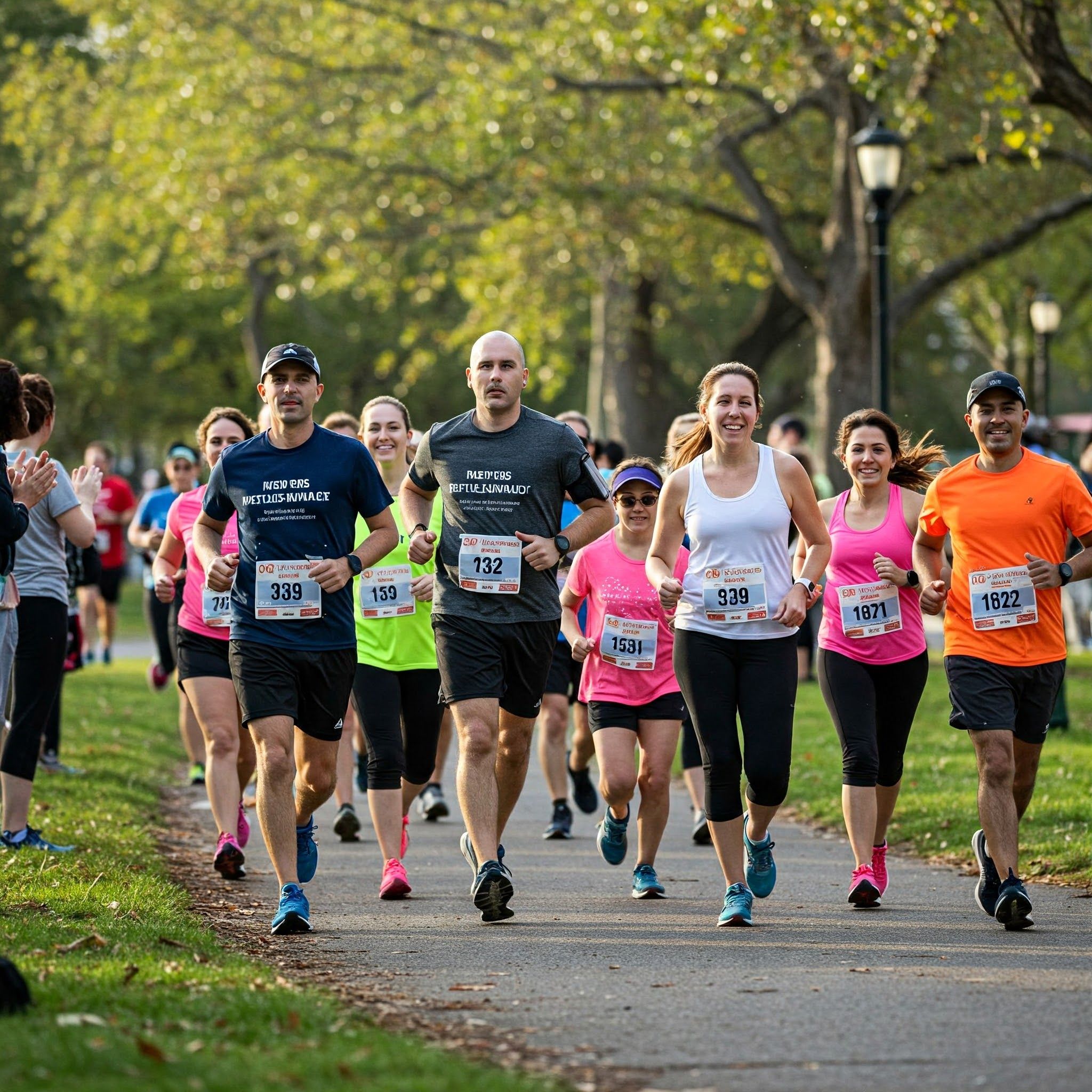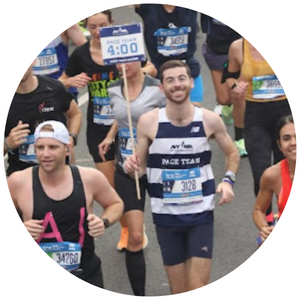Beyond the Finish Line: Maximizing Your Off-Season for Marathon Success
You’ve crossed the marathon finish line, savored the accomplishment, and perhaps enjoyed a well-deserved break. Now what? For many marathoners, the “off-season” can feel like a blank slate – a time to just run easy or, for some, not to run at all. However, a smart and strategic off-season is a crucial, often overlooked, period that can set you up for a stronger, healthier, and faster next marathon cycle.
Think of your off-season not as a break from training, but as a shift in focus. It’s the perfect opportunity to address weaknesses, build a more robust body, and emerge ready to tackle your next training cycle with renewed vigor.
Why the Off-Season is Your Secret Weapon
While mileage might drop, the off-season is where you build the foundational strength and resilience that will carry you through grueling long runs and prevent injuries when you’re deep into marathon training. It’s the time to:
- Heal and Recover: Allow your body to fully recover from the demands of your last marathon. This includes not just your muscles and joints, but also your central nervous system.
- Address Imbalances: Identify and work on any muscular imbalances or weaknesses that might have surfaced during your training cycle.
- Build Foundational Strength: Develop overall strength that translates directly into more efficient running and better injury prevention.
- Improve Mobility and Flexibility: Enhance your range of motion, which can improve running form and reduce stiffness.
- Prevent Burnout: Mentally recharge and return to running with enthusiasm.
Key Components of an Effective Marathon Off-Season
So, what should your off-season look like? Here are the critical elements:
-
Active Recovery and Reduced Running Volume: Initially, maintain light, easy running or cross-training. The goal isn’t to build fitness, but to encourage blood flow and keep your body moving. Gradually reduce your mileage significantly from your peak marathon weeks. This period is about quality over quantity. Your run coach can help you determine an appropriate reduction in volume based on your individual needs and recovery.
-
Resistance Training: Your Powerhouse Builder. This is perhaps the most critical component of an effective off-season. Resistance training builds strength in key running muscles (glutes, quads, hamstrings, core) and supporting structures. This translates to:
- Improved Running Economy: Stronger muscles require less energy to perform the same work.
- Injury Prevention: Robust muscles and connective tissues are better equipped to handle the repetitive stress of running.
- Enhanced Power: Develop the explosive strength needed for hills and stronger finishes.
Focus on compound movements like squats, deadlifts, lunges, and step-ups, as well as exercises that target glute strength and core stability. Work with your run coach or a strength and conditioning specialist to ensure proper form and a program tailored to a runner’s needs.
-
Mobility Training: Unlocking Your Full Potential Tightness and limited range of motion can hinder your running form and contribute to injuries. Mobility training (distinct from static stretching) focuses on improving joint range of motion and tissue extensibility. Incorporate:
- Dynamic Stretching: Leg swings, arm circles, torso twists before runs or workouts.
- Foam Rolling and Self-Myofascial Release: Address tight spots in your IT bands, quads, calves, and glutes.
- Mobility Drills: Exercises like hip circles, cat-cow, and thoracic spine rotations to improve overall movement patterns.
Better mobility allows for a more efficient stride, reducing compensatory movements that can lead to pain and injury.
-
Cross-Training for Variety and Fitness: Activities like cycling, swimming, elliptical, or even hiking can maintain cardiovascular fitness without the impact of running. This provides a mental break from running while still building your aerobic base. It’s also a great way to explore different movements and strengthen supporting muscles that aren’t primarily engaged in running.
-
Nutrition and Sleep: The Unsung Heroes: Don’t neglect these fundamental pillars of recovery and adaptation. Continue to fuel your body with nutrient-dense foods to support repair and growth. Prioritize adequate sleep, as this is when the majority of your physical and hormonal recovery takes place.
Crafting Your Customized Off-Season Plan
This is where a run coach becomes invaluable. While these are general guidelines, your ideal off-season will depend on:
- Your recent marathon experience and recovery.
- Any recurring injuries or weaknesses.
- Your upcoming running goals.
- Your personal preferences and available time.
A run coach can help you design a truly customized plan that integrates appropriate running, resistance training, mobility training, and cross-training. They can provide guidance on intensity, volume, and progression, ensuring you emerge from your off-season stronger, healthier, and more prepared than ever for your next big goal.
Don’t let your off-season be an afterthought. Embrace it as an opportunity to build a more resilient and powerful running machine. Your future self (and your next marathon PR) will thank you for it!
